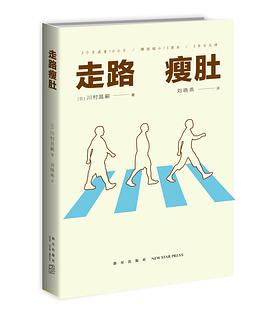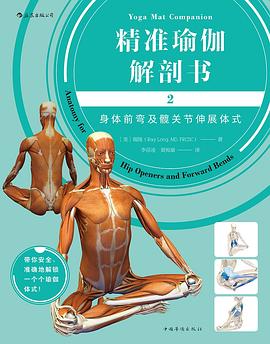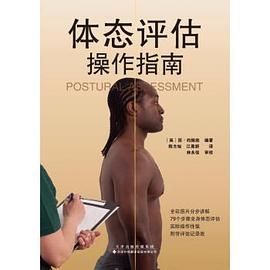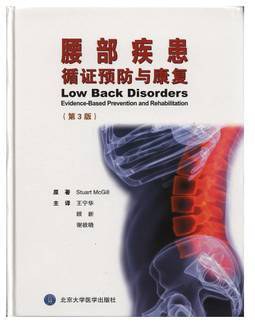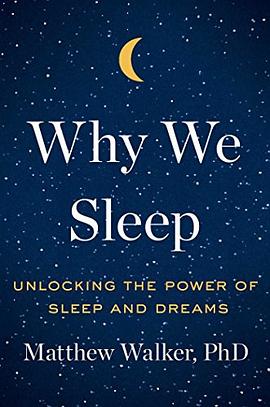

具体描述
Matthew Walker is a professor of neuroscience and psychology at UC Berkeley, the Director of its Sleep and Neuroimaging Lab, and a former professor of psychiatry at Harvard University. He has published over 100 scientific studies and has appeared on 60 Minutes, Nova, BBC News, and NPR’s Science Friday. Why We Sleep is his first book.
The first sleep book by a leading scientific expert—Professor Matthew Walker, Director of UC Berkeley’s Sleep and Neuroimaging Lab—reveals his groundbreaking exploration of sleep, explaining how we can harness its transformative power to change our lives for the better.
Sleep is one of the most important but least understood aspects of our life, wellness, and longevity. Until very recently, science had no answer to the question of why we sleep, or what good it served, or why we suffer such devastating health consequences when we don't sleep. Compared to the other basic drives in life—eating, drinking, and reproducing—the purpose of sleep remained elusive.
An explosion of scientific discoveries in the last twenty years has shed new light on this fundamental aspect of our lives. Now, preeminent neuroscientist and sleep expert Matthew Walker gives us a new understanding of the vital importance of sleep and dreaming. Within the brain, sleep enriches our ability to learn, memorize, and make logical decisions. It recalibrates our emotions, restocks our immune system, fine-tunes our metabolism, and regulates our appetite. Dreaming mollifies painful memories and creates a virtual reality space in which the brain melds past and present knowledge to inspire creativity.
Walker answers important questions about sleep: how do caffeine and alcohol affect sleep? What really happens during REM sleep? Why do our sleep patterns change across a lifetime? How do common sleep aids affect us and can they do long-term damage? Charting cutting-edge scientific breakthroughs, and synthesizing decades of research and clinical practice, Walker explains how we can harness sleep to improve learning, mood, and energy levels; regulate hormones; prevent cancer, Alzheimer’s, and diabetes; slow the effects of aging; increase longevity; enhance the education and lifespan of our children, and boost the efficiency, success, and productivity of our businesses. Clear-eyed, fascinating, and accessible, Why We Sleep is a crucial and illuminating book
用户评价
总之,鼓吹每天睡三小时看四点钟的洛杉矶,是现代人类最愚蠢的观念之一。普通的说,这本书讲的很多新研究结论很有意思,比如晚上喝酒、吃褪黑素对睡眠其实危害巨大。但是我更看重作者的私货:“既然演化让几乎所有动物都具有睡眠这种近乎自杀性的行为,那么一定有什么重要得要命的理由。”作者对这个理由的猜测是我见过的最接近准确的答案:nREM睡眠是腾空临时记忆空间,而REM睡眠是将这些存储转移到永久存储中;而梦的作用是让人对一段记忆安全地去除感情。
评分##介绍了很多比较新的关于睡眠和梦的实验和理论,挺好的。另外也附有很实用的助睡指南,最关键的一条:每天按时睡觉按时起床。
评分 评分 评分##看的比较快 trim了比较多(尤其是最后关于整个社会怎么改善大家睡眠的部分lol) 还是一本不错的书的,讲的内容非常重要。但可能因为之前通过一些杂七杂八的渠道(其实有这个作者的一个演讲)已经了解了一些,所以看的时候没有“特别惊艳”的感觉。个人比较喜欢前半部分(睡眠的...
评分##也许并不是动物进化出了睡觉这件事,而是动物最原始的状态就是睡眠状态,进化让动物能周期性地“醒过来”If sleep does not serve an absolutely vital function, then it is the biggest mistake the evolutionary process has ever made. Wake: reception,NREM: reflection (storing&strengthening raw ingredients), REM: integration (interconnecting,building a more accurate model, innovative insights&problem-solving
评分 评分 评分相关图书
本站所有内容均为互联网搜索引擎提供的公开搜索信息,本站不存储任何数据与内容,任何内容与数据均与本站无关,如有需要请联系相关搜索引擎包括但不限于百度,google,bing,sogou 等
© 2025 book.cndgn.com All Rights Reserved. 新城书站 版权所有


